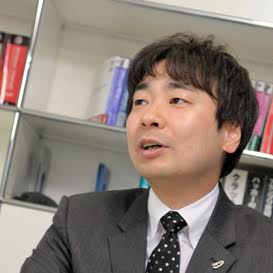6th Oct.
Rebellion of IoT: Infected Massive IoT Devices Observed through Darknet
Abstract
During the last five years, targets of Cyberattack have been changing from PCs to IoT devices. Consequently, infected IoT deceives are massively and continuously increasing even now. In this talk, we present an actual situation of the infected IoT deceives observed through a large-scale darknet (unused IP addresses) monitoring and analysis system called NICTER. We also show some case studies of coordinated vulnerability disclosure of IoT devices (e.g., a mobile router and home routers) in Japan.
|
 |
Mr. Daisuke Inoue, Director
Cybersecurity Laboratory, Cybersecurity Research Institute, National Institute of Information and Communications Technology (NICT), Japan
Biography
Daisuke Inoue received his B.E. and M.E. degrees in electrical and computer engineering and Ph.D. degree in engineering from Yokohama National University in 1998, 2000 and 2003, respectively. He joined Communications Research Laboratory (CRL), Japan, in 2003. CRL was relaunched as National Institute of Information and Communications Technology (NICT) in 2004, where he is currently the director of Cybersecurity Laboratory. He received several awards including the best paper award at the 2002 Symposium on Cryptography and Information Security (SCIS 2002), the commendation for science and technology by the minister of MEXT, Japan, in 2009, the Good Design Award 2013, the Asia-Pacific Information Security Leadership Achievements (ISLA) 2014, the award for contribution to Industry-Academia-Government Collaboration by the minister of MIC, Japan, in 2016, and the Maejima Hisoka Award, in 2018.
|